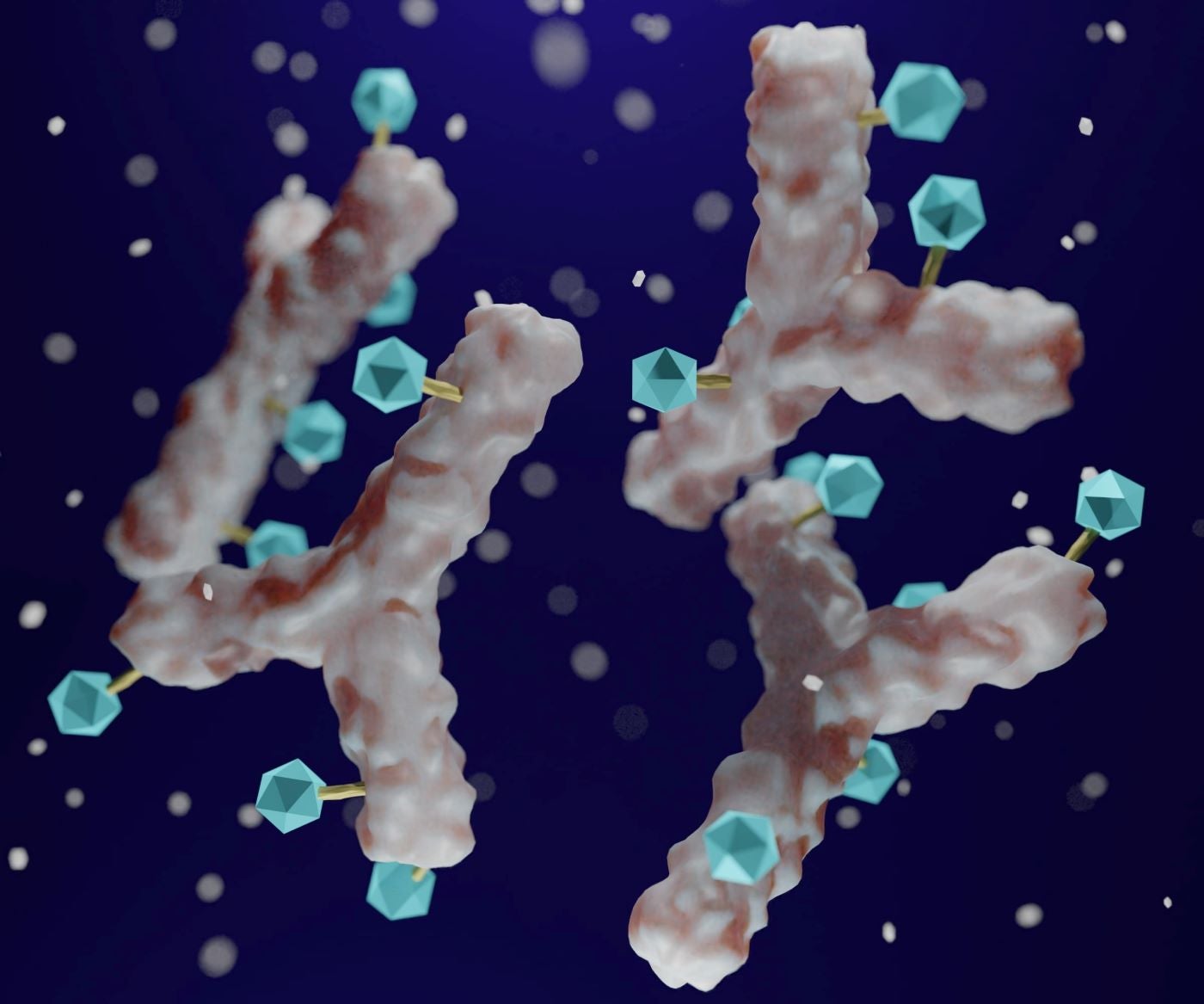On 5 April 2024, Daiichi Sankyo and AstraZeneca’s HER2-targeting antibody-drug conjugate (ADC) Enhertu (trastuzumab deruxtecan) received accelerated approval to treat patients with HER2-positive solid tumours who received prior systemic therapy. Already a blockbuster treatment and regarded as a best-in-class HER2-targeting ADC for metastatic breast, gastric, and non-small cell lung cancer, Enhertu now becomes the first ADC with a tumour-agnostic indication. The approval was based on data from the Phase II DESTINY-PanTumor02, which showed a 51.4% objective response rate (ORR) and duration of response (DOR) of 19.4 months across tumour types including biliary tract, bladder, cervical, pancreatic, and other rare tumours. The approval was also supported by data from Phase II, DESTINY-Lung01, and DESTINY-CRC02, which showed an ORR of 52.9% and 46.9%, respectively. Enhertu recorded sales of $3.1bn in 2023, up significantly from $1.6bn the previous year. GlobalData’s analyst consensus forecast projects sales to continue to soar, reaching $13.6bn by 2030.
Enhertu, which first received FDA/EMA approval in 2020, contains Daiichi Sankyo’s novel topoisomerase I payload deruxtecan (Dxd), a more potent payload with higher antitumor capabilities than other marketed ADCs. In addition to the ADC’s success with tumours that have a high expression of HER2, Enhertu is also effective against HER2-low and HER2-mutant tumours. Enhertu is also being evaluated in a Phase III study in combination with Pfizer’s kinase inhibitor Tukysa (tucatinib) in second-line metastatic breast cancer. Currently, there are no HER2-targeting ADCs marketed in the US or EU for the indications included in the label expansion. In relapsed metastatic cervical cancer, Enhertu will compete with Genmab’s Tivdak (tisotumab vedotin), which received FDA-accelerated approval in 2021 and is expected to launch in the EU and China this year. In bladder cancer, Astellas Pharma and Pfizer’s Nectin-4 targeting Padcev (enfortumab vedotin) in combination with Merck’s Keytruda has become the standard of care in the metastatic setting. Patients who are HER2 high-expressing may experience similar outcomes from Enhertu or can receive it post-Padcev, especially since Padcev has a different payload, monomethyl auristatin E (MMAE). Pfizer’s HER2-targeting ADC disitamab vedotin is currently in Phase III as well as in Phase II in combination with Keytruda. As a monotherapy, Enhertu should have a competitive advantage as disitamab vedotin shares the same payload as Padcev. However, the industry has yet to determine whether or not there is a resistance mechanism that would disallow administering an ADC with the same payload in a subsequent treatment line. Gilead’s TROP-2-targeting Trodelvy (sacituzumab govitecan) received accelerated approval for bladder cancer but is indicated for heavily pretreated patients who received prior platinum chemotherapy and an immune checkpoint inhibitor.

Access deeper industry intelligence
Experience unmatched clarity with a single platform that combines unique data, AI, and human expertise.



